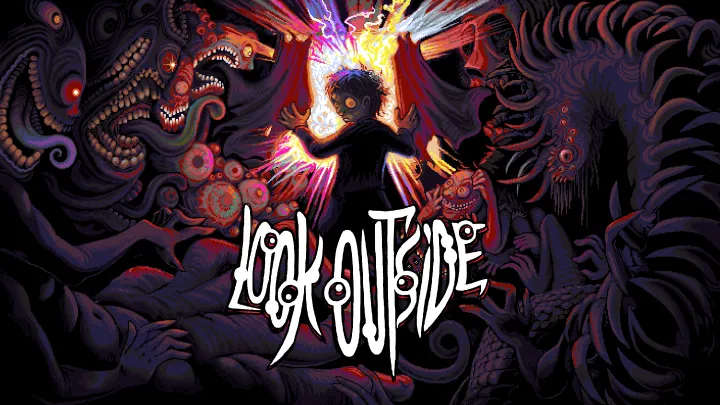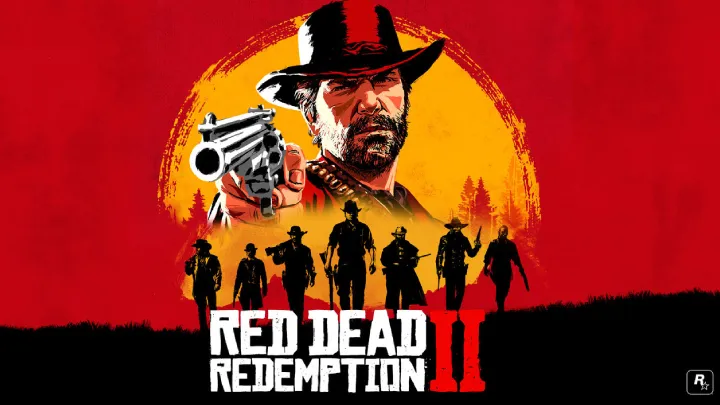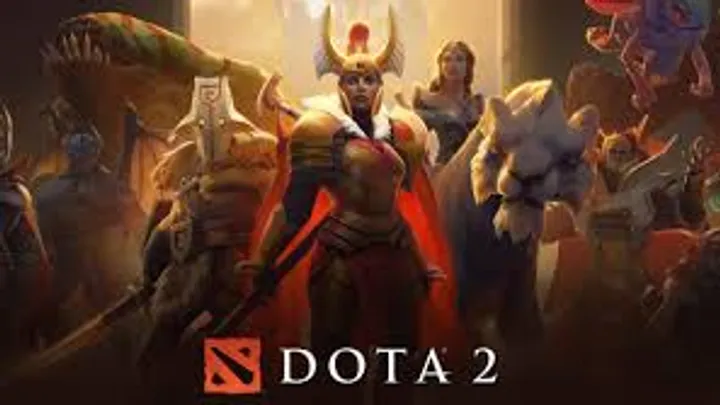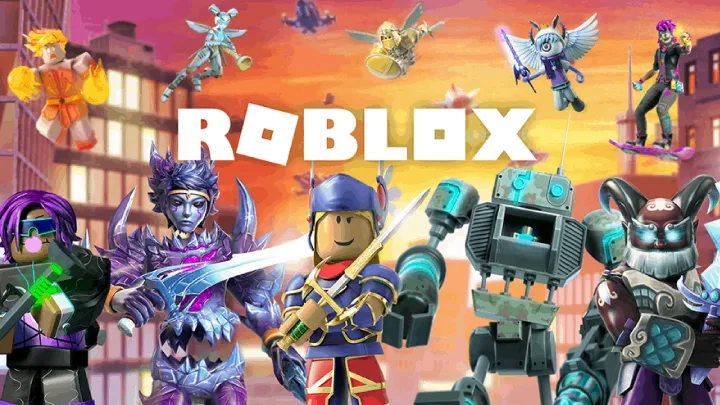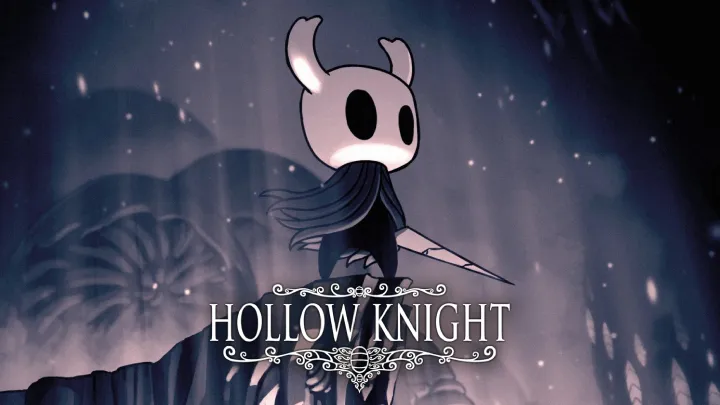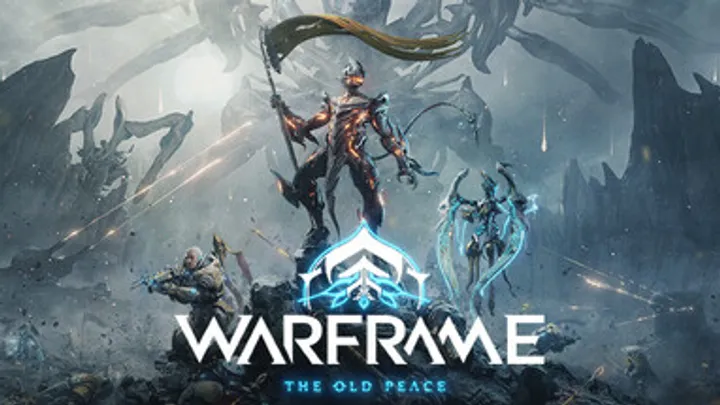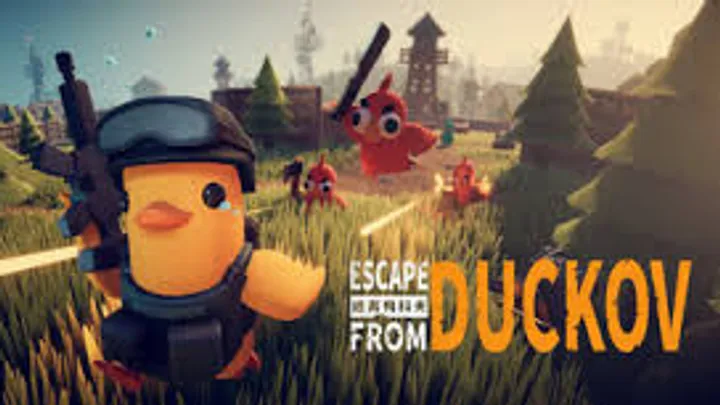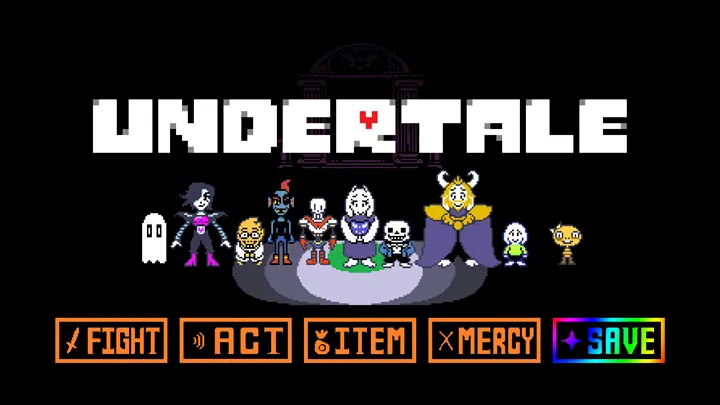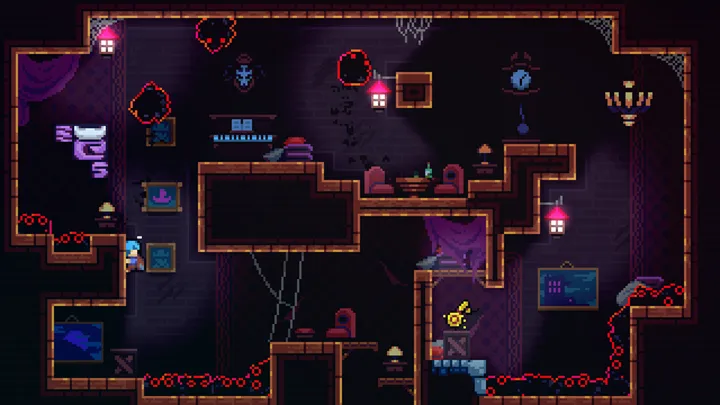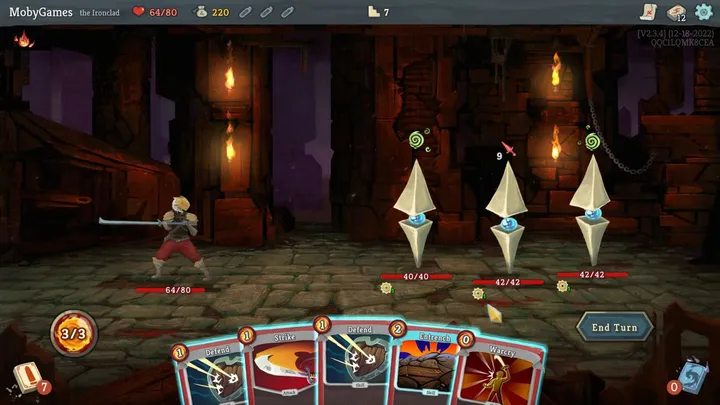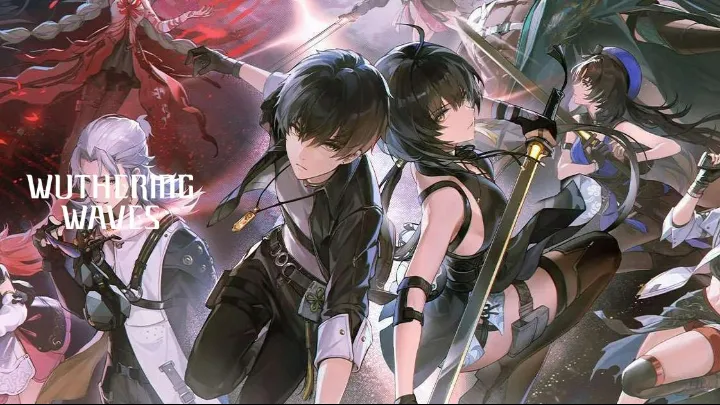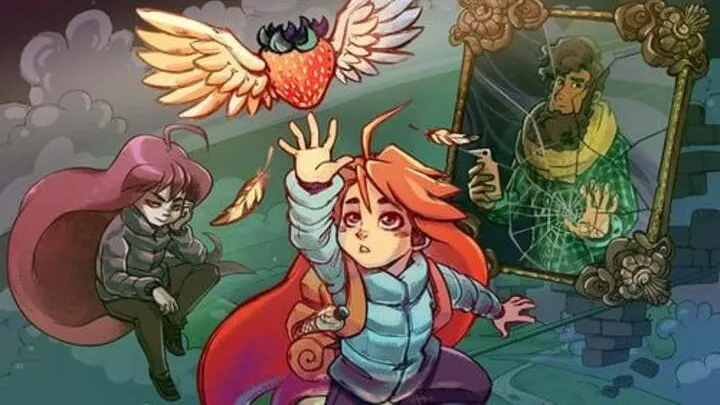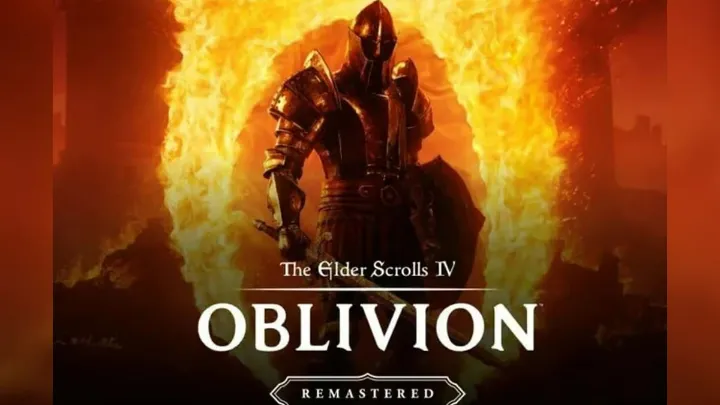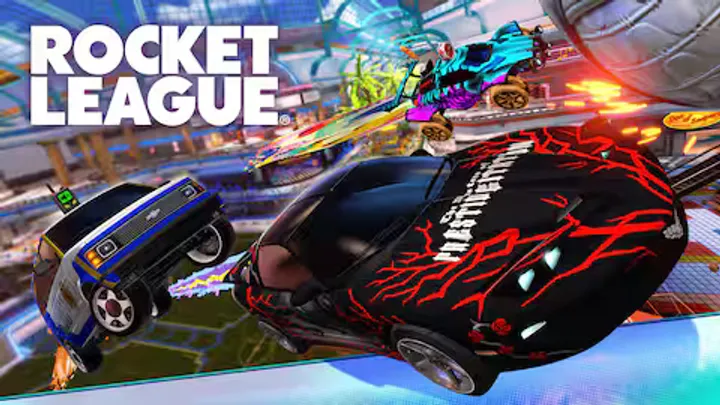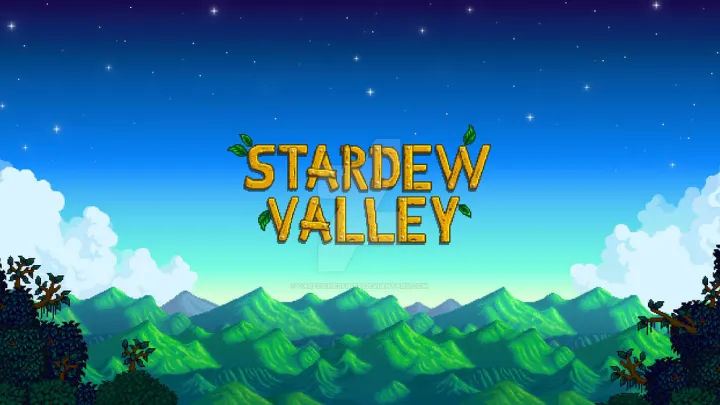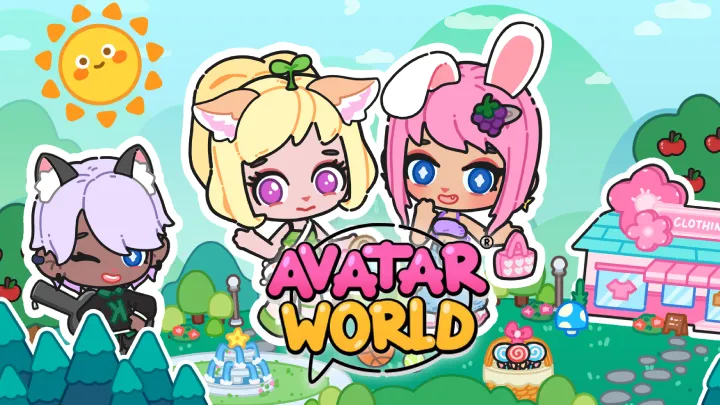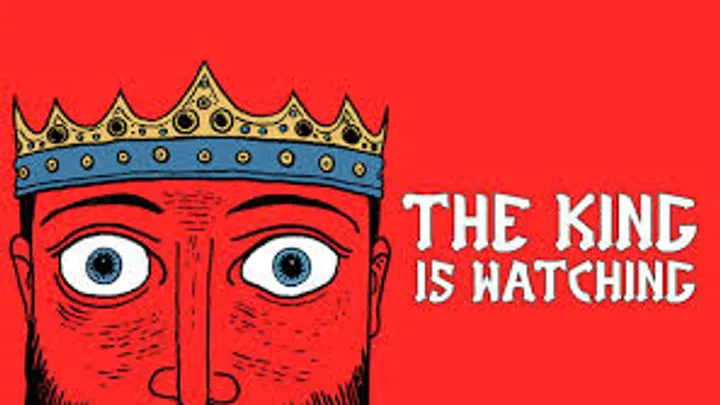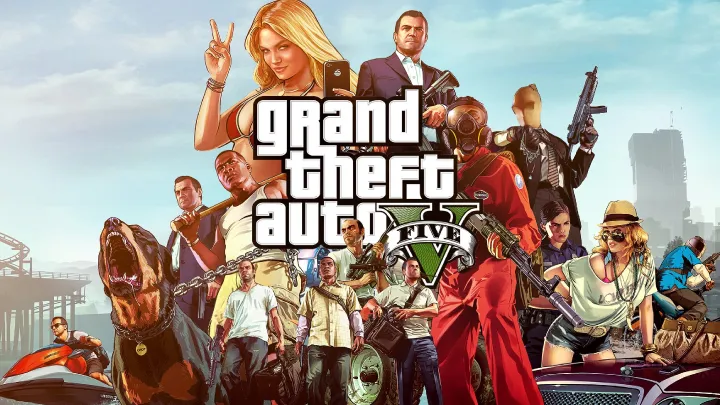Introduction
Few games in history have managed to blend narrative depth, open-world design, and technical brilliance quite like Red Dead Redemption 2. Released by Rockstar Games in 2018, this title is not merely a Western adventure—it’s a cinematic experience that challenges the very definition of what a video game can achieve. Through its rich characters, dynamic world, and attention to detail, Red Dead Redemption 2 has secured a place as one of the most acclaimed games of all time.
The Setting: A Dying Wild West
Rockstar sets the stage in 1899, during the decline of the American frontier. Industrialization spreads, lawmen hunt outlaws, and the Wild West slowly fades. Players embody Arthur Morgan, a seasoned outlaw in Dutch van der Linde’s gang, navigating moral dilemmas while trying to survive in a changing world.
The world itself feels alive—towns bustle with activity, wildlife thrives in varied ecosystems, and NPCs react to your choices. Unlike static open worlds, RDR2 evolves dynamically, making exploration endlessly rewarding.
Core Gameplay Loop
At its heart, the game revolves around:
- Exploration: Traversing mountains, swamps, and plains by horseback.
- Combat: Gunfights blending cover mechanics, Dead Eye slow-motion, and authentic weapon handling.
- Immersion Systems: Hunting, fishing, camping, and maintaining Arthur’s health, stamina, and honor.
- Narrative Progression: Story missions that seamlessly intertwine with player freedom.
This loop ensures that whether you’re hunting a legendary bear or negotiating gang politics, every moment feels tied to the overarching narrative.
Storytelling and Characters
The Rise and Fall of Arthur Morgan
Arthur Morgan stands as one of gaming’s most complex protagonists. Loyal yet questioning, ruthless yet compassionate, his journey reflects the inevitable collapse of the outlaw way of life.
Dutch van der Linde’s Ideals
Dutch embodies the romantic vision of freedom—yet his descent into paranoia highlights the dangers of blind loyalty.
Supporting Cast
Characters like Sadie Adler, Hosea Matthews, and John Marston (returning from the first game) add depth, each reflecting different aspects of survival, morality, and legacy.
World Design and Exploration
RDR2’s open world is not only vast but intricately detailed:
- Dynamic Weather: Thunderstorms, snow blizzards, and sunsets affect gameplay and visuals.
- Wildlife Simulation: Over 200 species of animals behave realistically, creating emergent moments.
- Cities and Outposts: From Saint Denis’ bustling urban sprawl to the remote cabins in the wilderness, each location has personality and history.
Exploration never feels like filler; every path offers stories, secrets, and surprises.
Immersion Systems and Roleplay
Rockstar added layers of realism that deepen player immersion:
- Horse Bonding: Horses are not just vehicles but companions, with traits improving through care.
- Survival Mechanics: Food, grooming, and weapon maintenance affect performance.
- Honor System: Your decisions shape how Arthur is remembered—merciful or merciless.
These systems give weight to small actions, making roleplay integral to the experience.
Combat and Mechanics
The combat system is slower-paced than most modern shooters, reflecting authenticity over spectacle.
- Dead Eye Mechanic: Time-slowing aim that allows cinematic gunfights.
- Weapon Realism: Guns jam, recoil kicks, and ammo is limited—forcing strategy.
- Variety: Hand-to-hand brawls, stealth takedowns, and large-scale shootouts keep gameplay diverse.
Some players find the controls clunky, but they fit the game’s commitment to realism.
Technical Achievements
From a technical standpoint, RDR2 remains one of the most polished open-world games:
- Visuals: Landscapes look photo-realistic with unmatched attention to detail.
- Physics Engine: Realistic horse movement, cloth dynamics, and body reactions to bullets.
- Sound Design: Ambient noise, dynamic music cues, and authentic voice acting enhance immersion.
Even years after release, it remains a benchmark for open-world fidelity.
Online Mode: Red Dead Online
While the single-player campaign is widely celebrated, Red Dead Online has received mixed responses.
- Strengths: Expansive world, multiplayer events, role-based progression (bounty hunter, trader, collector).
- Weaknesses: Lack of consistent updates compared to GTA Online, limited endgame content, monetization criticisms.
Still, it offers a sandbox for those who want to live their cowboy fantasy with friends.
Strengths of Red Dead Redemption 2
- Unparalleled storytelling and character depth.
- Immersive world where every detail matters.
- Emotional weight that makes choices impactful.
- Technical achievements in graphics, physics, and sound.
- Memorable missions that balance action with quiet reflection.
Weaknesses of Red Dead Redemption 2
- Slow pacing may deter action-focused players.
- Complex controls can feel overwhelming.
- Online mode lacks the same polish and care as the single-player.
- Heavy emphasis on realism can occasionally sacrifice convenience.
Final Verdict
Red Dead Redemption 2 is more than a video game—it’s an experience. It challenges players with moral questions, rewards them with breathtaking landscapes, and immerses them in one of the richest virtual worlds ever crafted. Despite minor flaws, it stands as a generational masterpiece that has redefined open-world storytelling.



























